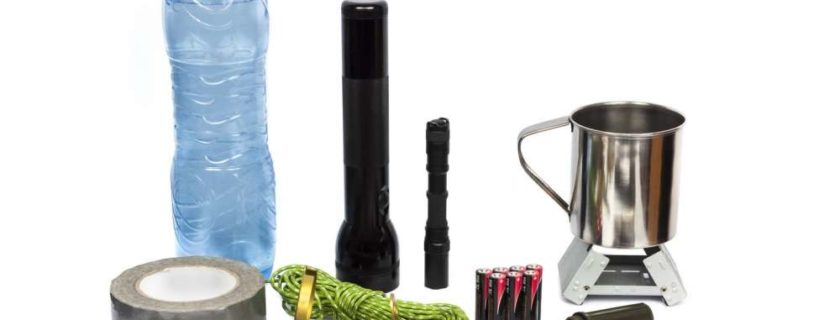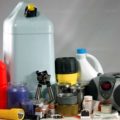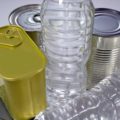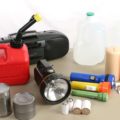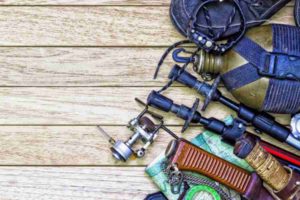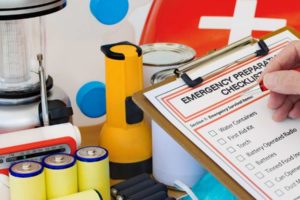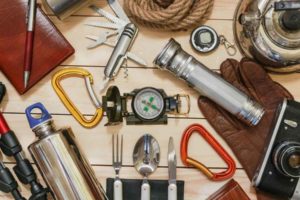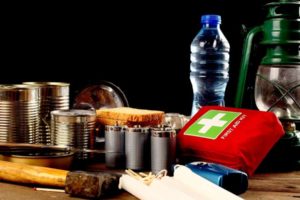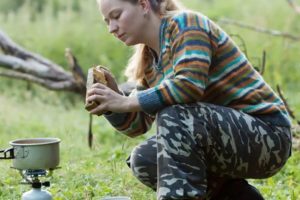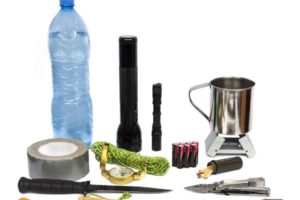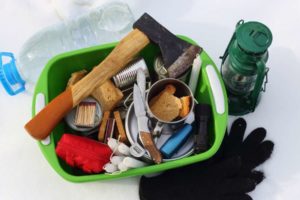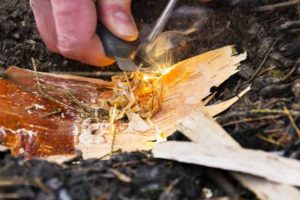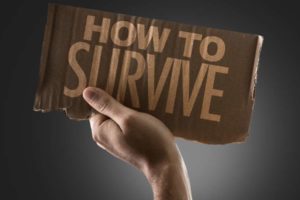You should always be prepared because not having solutions in certain situations can add more stress, anxiety and, in the worst-case scenario, can lead to panic.
If you are prepared and have a lot of information, the right tools and resources to manage a particular event, the stress is often reduced, therefore, leading to more sound and fast decision making. If you are prepared, you can function in a manner that will help you work out issues and might even save people’s lives from impending danger.
Preparation is crucial to events like natural disasters. Natural disasters, like hurricanes, earthquakes, and volcanic eruptions can happen anytime, and the most vital decisions have to be made in the quickest manner possible in this kind of situation. For these cases, we all want to get away from such events as fast as we can.
For the time being, we have to be prepared by gathering important items that are required for us to survive. We should produce our own must-have survival gear and kits, then store it in the most accessible location.
After you have made your own survival bundle, you can store the items in the trunk of a vehicle, an accessible closet, the basement, or in a spot that you choose as an escape route.
Plan to gather sufficient supplies for each individual in your family to last for a good 3 days. Some of the items you will need include food and water, light sources and communication devices that work without electricity, certain tools, sanitation items, hygiene kits, first aid kit, a waste bag, shelter and clothing that will keep you and your family warm (in case you are in a location often struck by snowstorms or hurricanes).
Every survival kit should also include an amount of money. Include small bills in it, and emergency credit cards. In addition, it is also recommended that you keep a duplicate of your current bank statement or ATM receipt in a survival package or kit.
Experts also recommend that you should not forget important documents like identification and insurance policies, and you should store them in a portable, waterproof container.
A survival kit or gear for the family must offer all individuals the information and resources that will keep everybody safe and secure to go back home or look for help.
If you have plans to go backpacking, it is also important to plan out and prepare a survival gear bundle or kit in case of emergencies. You have to take into consideration all crisis and likely natural disaster scenarios that may happen during your hike.
During a trek in the country, running out of drinkable/potable water is an issue that most hikers often face particularly in woodland settings.
Hence, hikers should make sure that they include an efficient and compact sterilizer in their gear. You can opt for a SteriPEN, which is a potent water purifier—it is capable of purifying a liter of water in a matter of seconds.
Make sure that you keep your food dry at all times and do not allow moisture to seep inside its containers. Pack your food in air-tight containers to prevent air and moisture from getting inside. You can also put them inside tear-resistant bags with lots of pockets and zippers.
Another item that is essential for every backpacker’s survival gear list is matches. Opt for those that are waterproof because rain and moisture at times cannot be avoided.
If you will be hiking in locations with snowy conditions, you should include important items that are necessary for survival in such hardy areas. These items include clothing that will provide warmth, water, food and a versatile knife which can be utilized for a number of purposes.
Furthermore, there are plenty of available emergency survival kits now available on the market, and you only have to add your own required items along with this kit. These emergency kits usually include needed tools and things packed in one convenient package, often ready for use.
These suggestions should be taken into consideration, and always make sure that you are prepared in these critical times, especially if you live in disaster-prone areas, or if you are fond of hiking and backpacking. Lives are important and we should see to it that we take care of ourselves and our families at all times.
